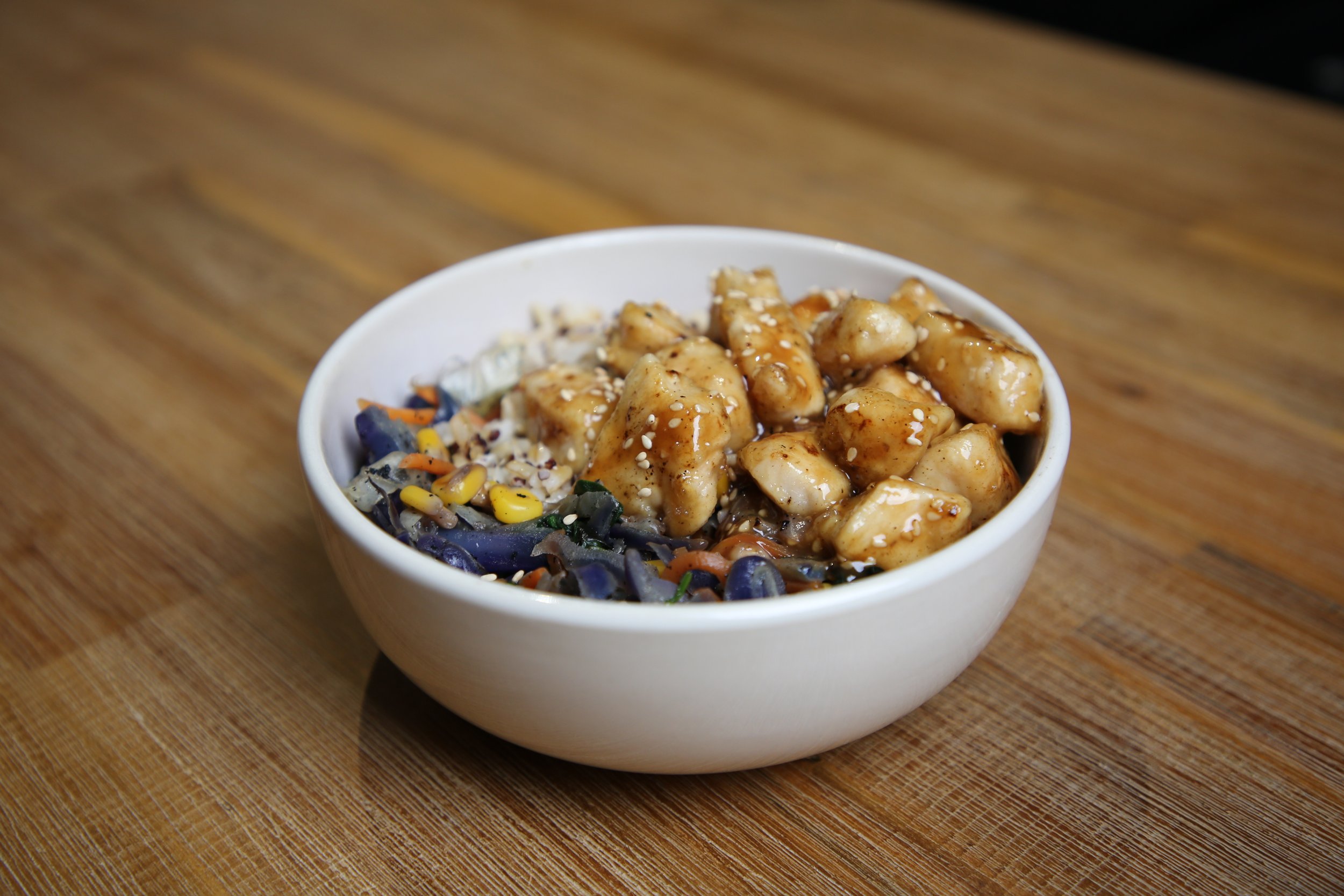Irritable Bowel Syndrome (IBS)
What is IBS?
Irritable Bowel Syndrome (IBS) is a complex disorder characterized by symptoms like abdominal pain, bloating, and alternating episodes of diarrhea and constipation. Although the precise cause of IBS remains unclear, it is believed to be influenced by multiple factors. Shockingly, IBS affects approximately 8.1% of Australians and often goes undiagnosed.
How are IBS diagnosed?
Diagnosing IBS primarily involves identifying symptoms such as gas, diarrhea, and constipation while ruling out other potential causes like Inflammatory Bowel Disease (IBD), bowel cancer, coeliac disease, allergies, or infections. Your GP can arrange appropriate test for you upon your request.
How do nutrition improve IBS?
Nutrition plays a pivotal role in managing IBS, with the Low FODMAP diet emerging as an effective approach. FODMAPs, an acronym for Fermentable Oligo-, Di-, Mono-saccharides, and Polyols, represent a group of carbohydrates known to exacerbate IBS symptoms.
Nutrition Journey:
The initial step in nutritional IBS management is identifying specific trigger foods. The first and second stages of the Low FODMAP diet, known as the elimination phase, aim to gauge individual tolerance to each FODMAP component. Using these results, dietitians can offer tailored advice, aligning with your lifestyle, preferences, and goals to effectively manage IBS symptoms.
Why working with a dietitian?
Dietitians are medically-trained nutrition professionals, and the only professional that is qualified to provide individual dietary consultation at the moment (Click here to read about dietitian and nutritionist). Dietitians are trained to provide medical nutrition therapy and one-to-one personalised dietary advice. We take in consideration of one’s lifestyle, dietary habits, preference and goals to tailor our nutrition strategies.
The topics dietitians might talk to you about:
What is IBS
Why is FODMAP, and what are the substances in FODMAP
The detailed protocol of a 3-phase diet
Content of each FODMAP in different foods
How to challenge your gut on each FODMAP component
Identifying your personal FODMAP tolerance
FODMAP personalisation
Eating out and travelling
Managing specific symptoms
Safe fibre-rich food to ensure nutrition adequacy
Managing other comorbidities, such as coeliac disease, endometriosis, food chemical intolerance
Supplement that shows benefit in IBS management
Other therapy options
What does working with Timeless Dietetic dietitian look like?
-
You will be invited to fill in a survey before the consults, including your health history, family history, current situation, goals
For elite athletes: You might be asked to provide a training program, body composition assessment (if available) and food diary
-
Discuss and understand your goals, living situation, lifestyle, potential motivators and barriers.
Perform assessment on health indicators, training schedules and goals, usual dietary intake.
Provide professional feedback on your diet, and identify areas that can be improved to help achieve your goal.
Discuss the most relevant nutrition topic that can help with the current situation and those you are interested in.
In collaboration with you, set small but impactful nutrition goals, homework and challenges.
Recommend what else you can do in the future and a recommended review timeframe if you would like to continue.
Provide you with a tailored nutrition information package to takeaway.
-
Review the effectiveness and practicality of previous goals/homework/challenges.
Review and track any progress indicators.
Reassess any changes in health indicators, training and dietary intake.
Discuss the most relevant nutrition topics and those you are interested in.
In collaboration with you, adjust the previous intervention that did not work well or develop a new strategy.
In collaboration with you, develop new strategies to improve your health and progress.
Provide you with a tailored nutrition information package to takeaway.
































